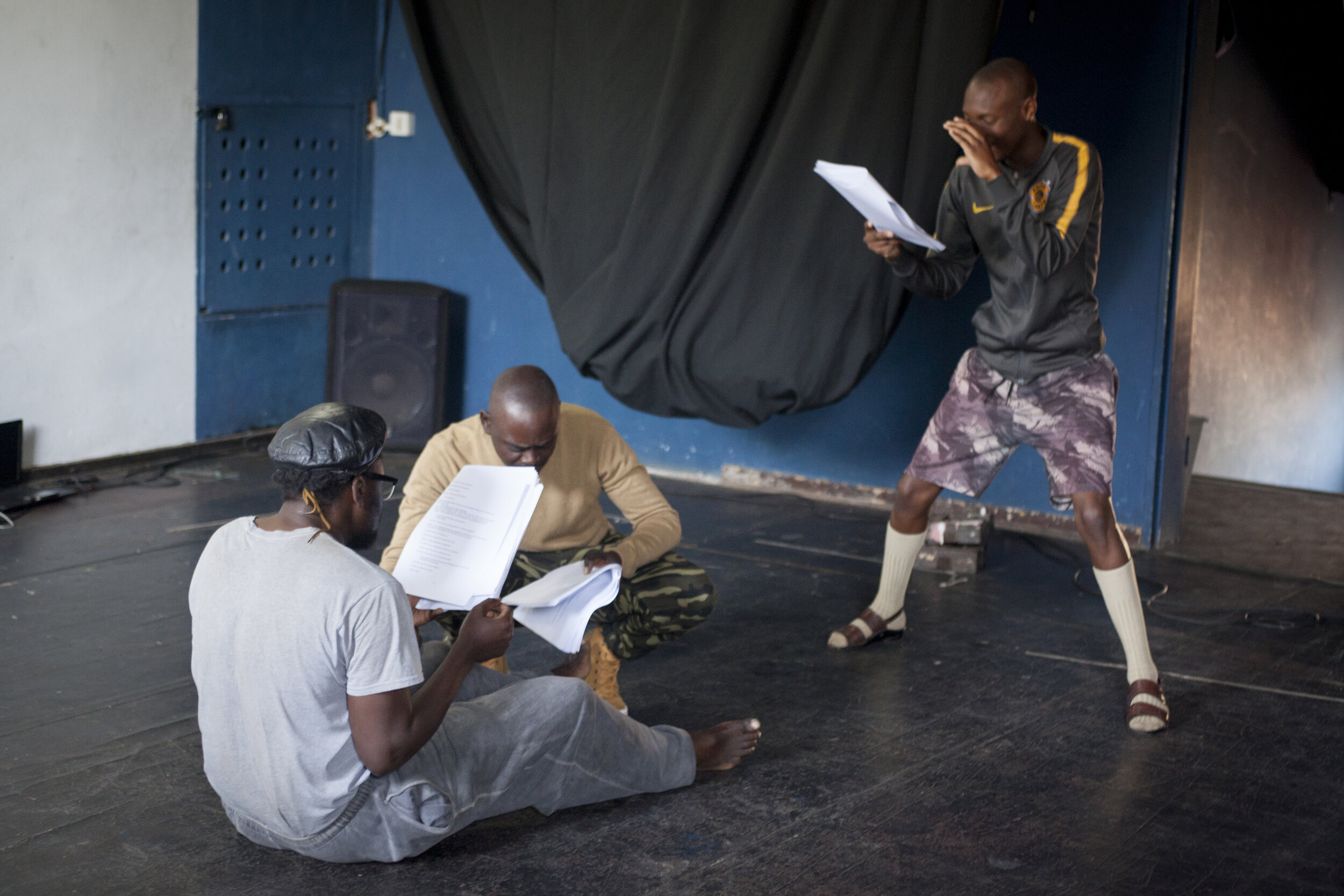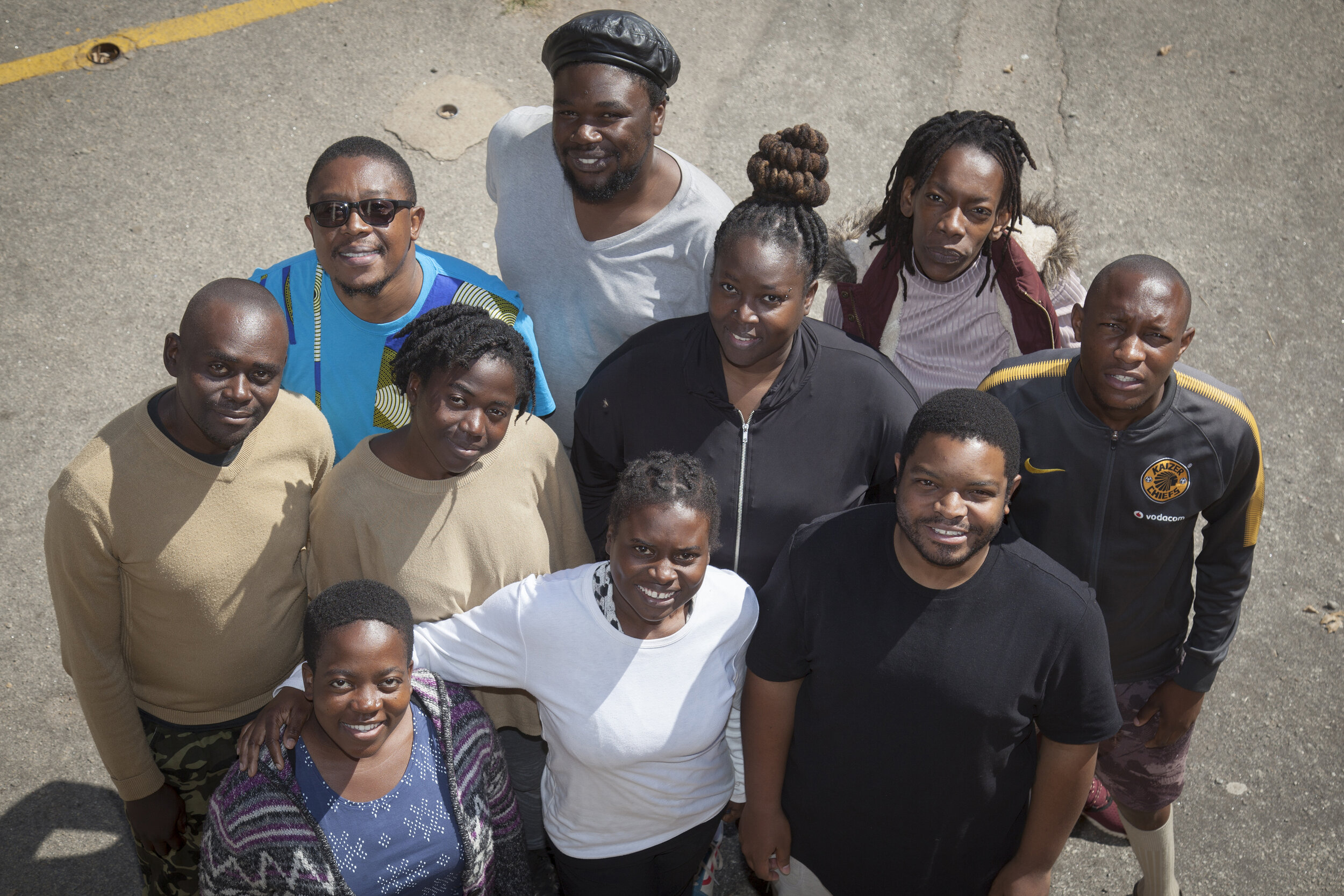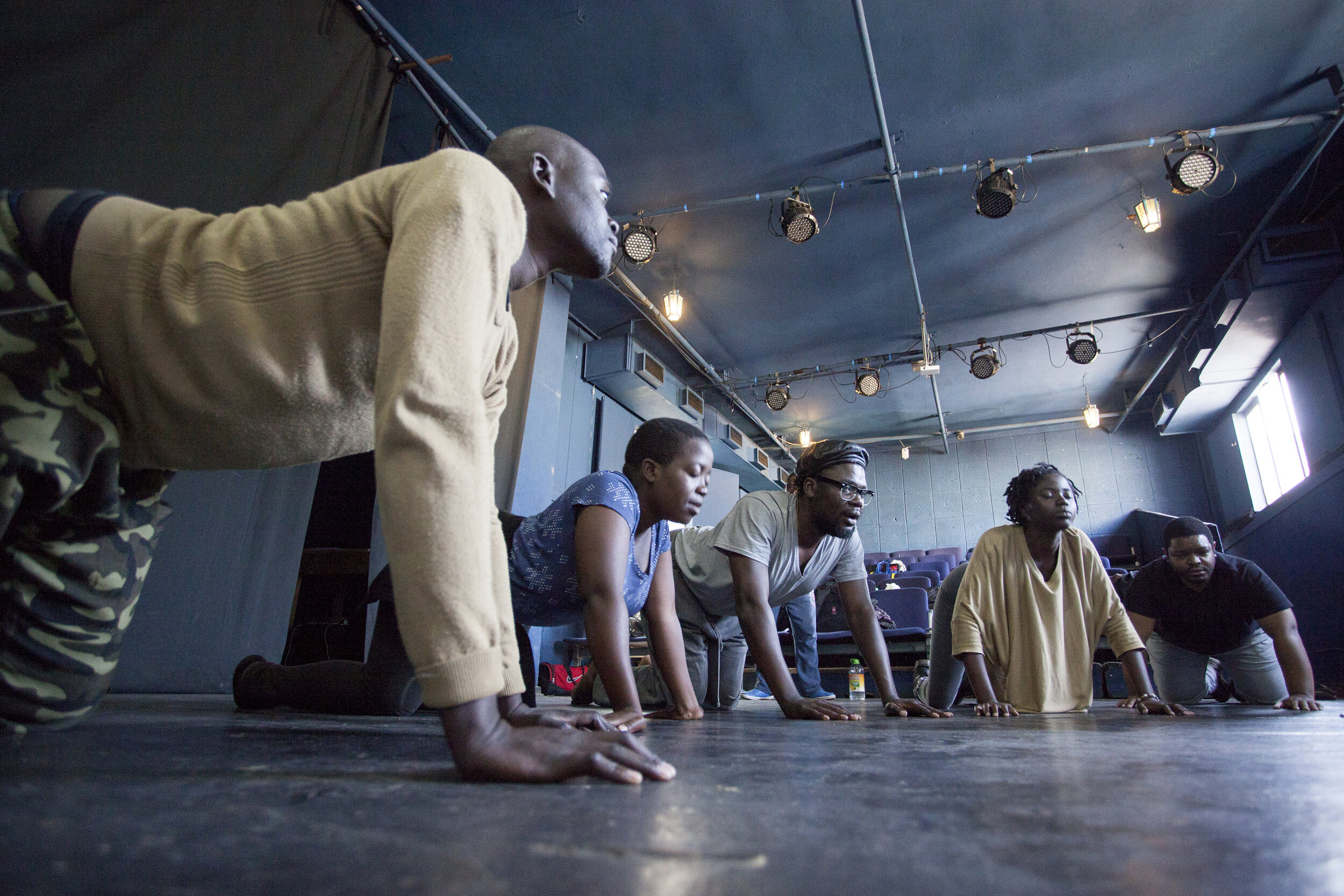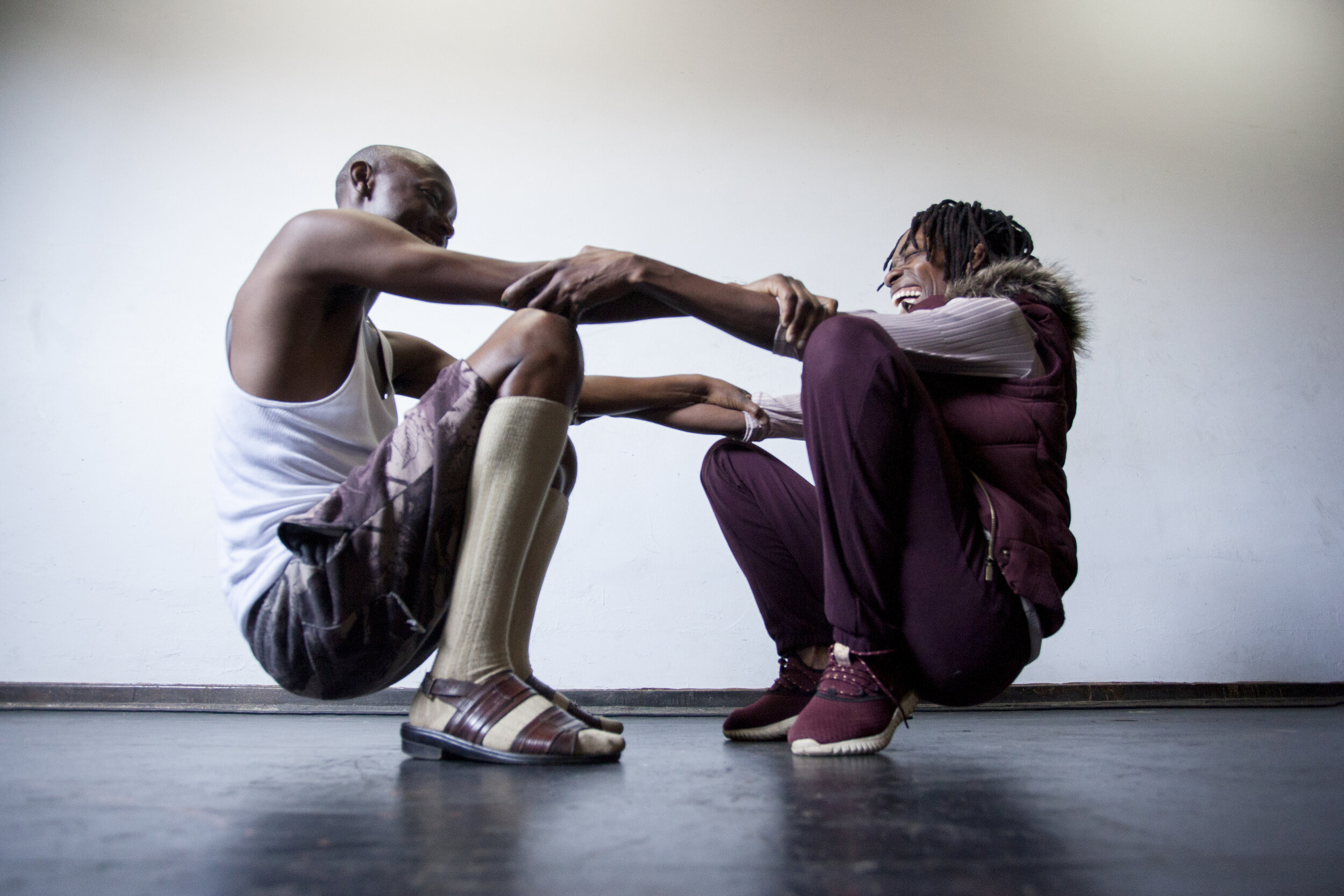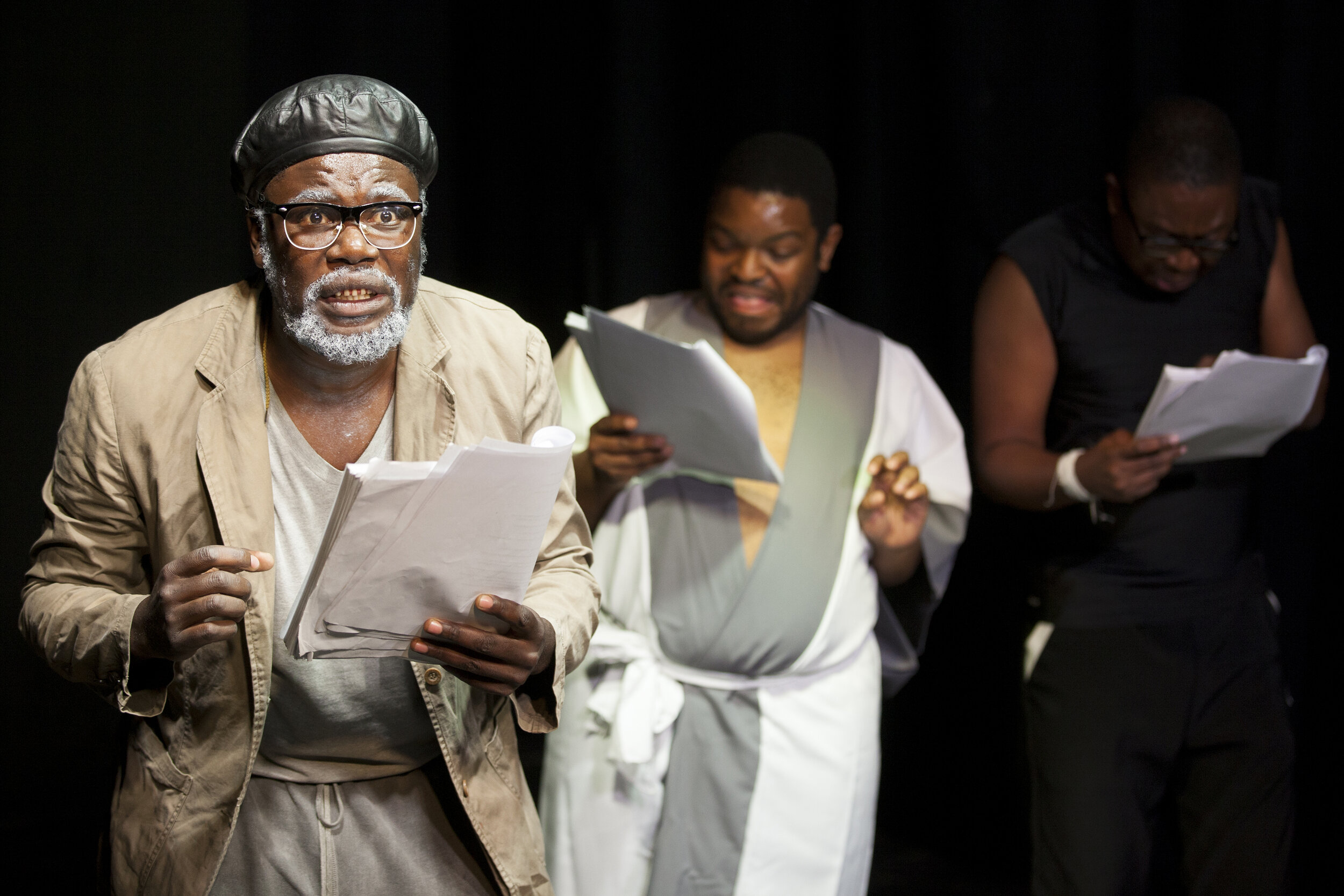Beyond the Story of General Sun
Harare, July 9th 2019 | Zaza Muchemwa
I was quite excited when the staged reading of The Last of the Suns by Alice Tuan was given the green light. Alice and I had been engaged in conversation on each other’s work since she came to Zimbabwe in January 2018 to facilitate the Almasi African Playwrights Conference. One of the things we kept on talking about was looking at possibilities of collaborating on a piece of work or doing a staged reading of one of her plays beyond the scope of the Almasi African Playwrights Conference. Immediately after the conclusion of this year’s conference she sent me her plays to read. One play is sadly yet to get to me via the slow Zimbabwean Post.
I was not surprised by the intense, bold yet sensitive lens with which Ms Tuan lends to her work. She writes as she is. From the plays I chose Last of the Suns to do a staged reading of. Or perhaps the play chose me. I was quite curious to see how it would be received by Zimbabwean audiences. And I was equally fascinated by the possibility of black Zimbabwean actors playing Chinese characters. As exciting as that was, the prospect of diving into and exploring the work became a little bit daunting as the days to rehearsals advanced.
Ms Tuan does not write easy; the play whispers to you from the edges of the page to suck you into miasma of unflinching experiences of human conditioning within a particular time and place.
The play opens with epicentric snoring from General Sun/Yeh Yeh. An allusion to power shifts, but also a nod to earthquakes, tectonic shifts…California. General Sun/Yeh Yeh woken up by his own snores starts berating the sky, asking it to let him die. When the sky does not budge, Yeh Yeh starts throwing a fit. A fit that is interrupted by the presence of otherworldly creatures; Monkey King and Eight Pig pushing General Sun on his throne back to the mortals. The General is being sent back because according to Monkey King;
‘Quote: “Bhuda cannot accept such a bloke of ego and attachment” unquote.’
Monkey King and Eight Pig, childhood companions of General Sun, have been summoned to keep a lonely old man company as he fights for his death. Thereby setting up the world in which we the theatrical audience are to enter: A world of realism bleeding into surrealism.
What truly gripped me were the energies of thought and being between generations represented in the play, and the exploration of the visible and invisible power struggles between traditions.
Twila, the granddaughter of General Sun/Yeh Yeh and a rising figure skater, had a humiliatingly epic fall in front of the whole world. There is a question of whether she genuinely fell or she made herself fall. If she deliberately fell, did she do that in order to ease off the pressures of being a champion? Or as a way of seeing what the world is like when disaster or chaos reigns. Something which Twila’s mother Ni Lee alludes to in her soliloquy;
‘…What do you want from me? I am not American…I cannot wave happily to the chaotic. But you, Twila, you believe in a banner of stitched-together stripes and pasted-on stars, and that is so different in mind than a flag made of one whole cloth…’
Twila’s cultural schizophrenia is apparent in her attempts to make sense of herself within the American and, the Chinese cultures. But what is very gratifying is her defiance in the face of pressures from family and societal expectations, to find herself back to the love of skating.
In the rehearsal room, we discovered more. It was satisfying working with professional and emerging actors who were keen to deeply engage with the text and interrogate the issues dealt with in the play. And it was fun to go, in conversation and exploration, beyond the story of General Sun’s journey to forgiveness, the intertwining of Twila’s self struggles with that of May Lee’s condition with her feet, the ambitions of a Chinese American family and the stories each generation chooses and chooses not to tell, to discover perhaps in our own sense of the play the ritual for death towards life and the elevation of the argument of humanity’s (d)-evolvement in the time-warped realities of our political and social constructs.

